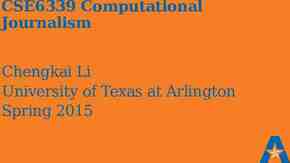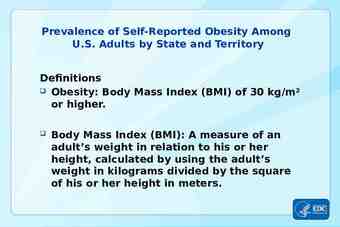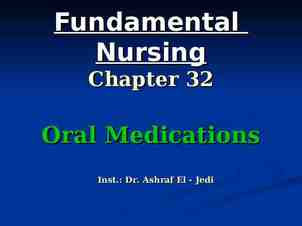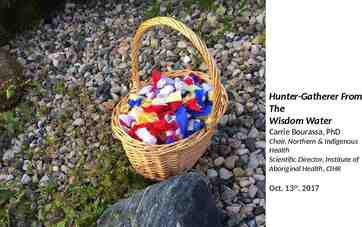Infant Hearing Loss Tyrell Hardtke Cochlear Implants: The Complex
11 Slides179.01 KB

Infant Hearing Loss Tyrell Hardtke Cochlear Implants: The Complex Debate CDC’s 2005 Science Ambassador Program

Presentation Overview I. Facts about infant hearing loss A. Prevalence B. Causes: Genetic, Non-Genetic, and Unknown II. III. Interventions and treatments for infant hearing loss Debate over cochlear implants A. Background Information B. Learning About the Deaf Community IV. Essential question

Learning About Infant Hearing Loss Every year, about 12,000 babies are born with hearing loss Causes: 1/3 genetic 1/3 non-genetic 1/3 unknown

Genetic Causes Gene is inherited from a parent 400 kinds have been identified! Syndromic or non-syndromic Examples: Usher’s Syndrome CX26 gene mutation

Non-Genetic and Unknown Causes Non-Genetic: Trauma before or during birth Low birth weight Bacterial and viral infections (e.g., meningitis) Unknown: Research is under way to reduce number of unknown causes Scientists think half are genetic and half are non-genetic

Interventions and Treatments for Infant Hearing Loss Assistive technology Cochlear implants Hearing aids Surgery and medications Family support systems Professional staff Communication and language options

Cochlear Implants What is it? How does it work? What does it look like? How well can an implant recipient actually hear?

Cochlear Implants: The Debate Access to hearing world vs. identity within Deaf culture (social and psychological) Medical ethics Actual effectiveness Not maximizing ability to perceive sounds Cognitive development associated with the choice of language

The Deaf Community Supportive, strong community Does not view hearing loss as a disability Rich history and language (e.g., ASL) Children with cochlear implants may have limited access to the Deaf community

Essential Question: If you were hard of hearing, would you want a cochlear implant? Why or why not?

References 1. EHDI Science Ambassador Program Presentation Biernath, K., Gaffney, M., and Victor, M. June 19, 2005. 2. http://www.cdc.gov/ncbddd/ehdi/FAQ/questionsgeneral HL.htm [6/22/05] 3. http://www.nidcd.nih.gov/health/hearing/hearingaid. asp#4 [8/11/05] 4. http://www.asha.org/public/hearing/disorders/types.htm [8/6/05] 5. http://www.asha.org/public/hearing/treatment/cochlear implant.htm [6/22/05] 6. http://www.pbs.org/wnet/soundandfury/cultu re/deafhistory.html [8/11/05]






